The NCAA is supporting Dartmouth College in its attempt to prevent men’s basketball players from forming a union.
On Thursday, the NCAA filed an amicus brief with the National Labor Relations Board, expressing support for Dartmouth’s appeal of a decision that men’s basketball players are university employees who can unionize. The Ivy League filed a similar brief in April.
The Dartmouth men’s basketball team filed a petition to unionize in September 2023, and the NLRB ruled in February that the players could proceed. In March, they voted 13–2 to join their local chapter of the Service Employees International Union. The university immediately filed an appeal to the national board.
The brief is just one more step in the NCAA’s quest to save its business model of amateurism, which has been degraded through multiple court cases that have forced the governing body to allow cash payments to players; name, image, and likeness deals; and potentially even broadcast revenue-sharing. The final nail in the coffin would be if athletes are declared employees.
In its 32-page brief, the NCAA argues the regional director in the case erroneously found that players were employees and they don’t satisfy employment qualifications like being compensated for their work and being subject to strict control by the school. The brief was submitted by attorneys for Stinson LLP, who are also representing the governing body in an athlete employment case at the NLRB related to USC football and basketball players.
The NCAA also made several ominous threats in the brief, suggesting that declaring players employees would ruin gender equity in sports, disturb athletes’ ability to also be students, and create “labor instability.”
“It is not an overstatement to say that finding student-athletes to be employees will threaten the existence of athletic programs and, in turn, opportunities for student-athletes at many of the nation’s colleges and universities,” the NCAA wrote. “The Board is not the place to address and disturb the longstanding relationship between student-athletes and the colleges and universities they attend.”
The NCAA’s position is unsurprising given its longstanding fight to keep athletes from being considered professionals. Along with the NLRB cases involving Dartmouth and USC, the NCAA is also embroiled in a lawsuit called Johnson v. NCAA, in which a group of athletes is arguing in court that they should be classified as employees. Meanwhile, the governing body has waged a multimillion-dollar federal lobbying campaign to convince Congress to codify amateurism. That effort is slowly bearing fruit, as a bill barring college athletes from employment status was approved for a vote on the House floor last week.
The next step in the Dartmouth case: the NLRB national board will consider whether to hear the school’s appeal. If so, the case could stretch on for at least a year or more.
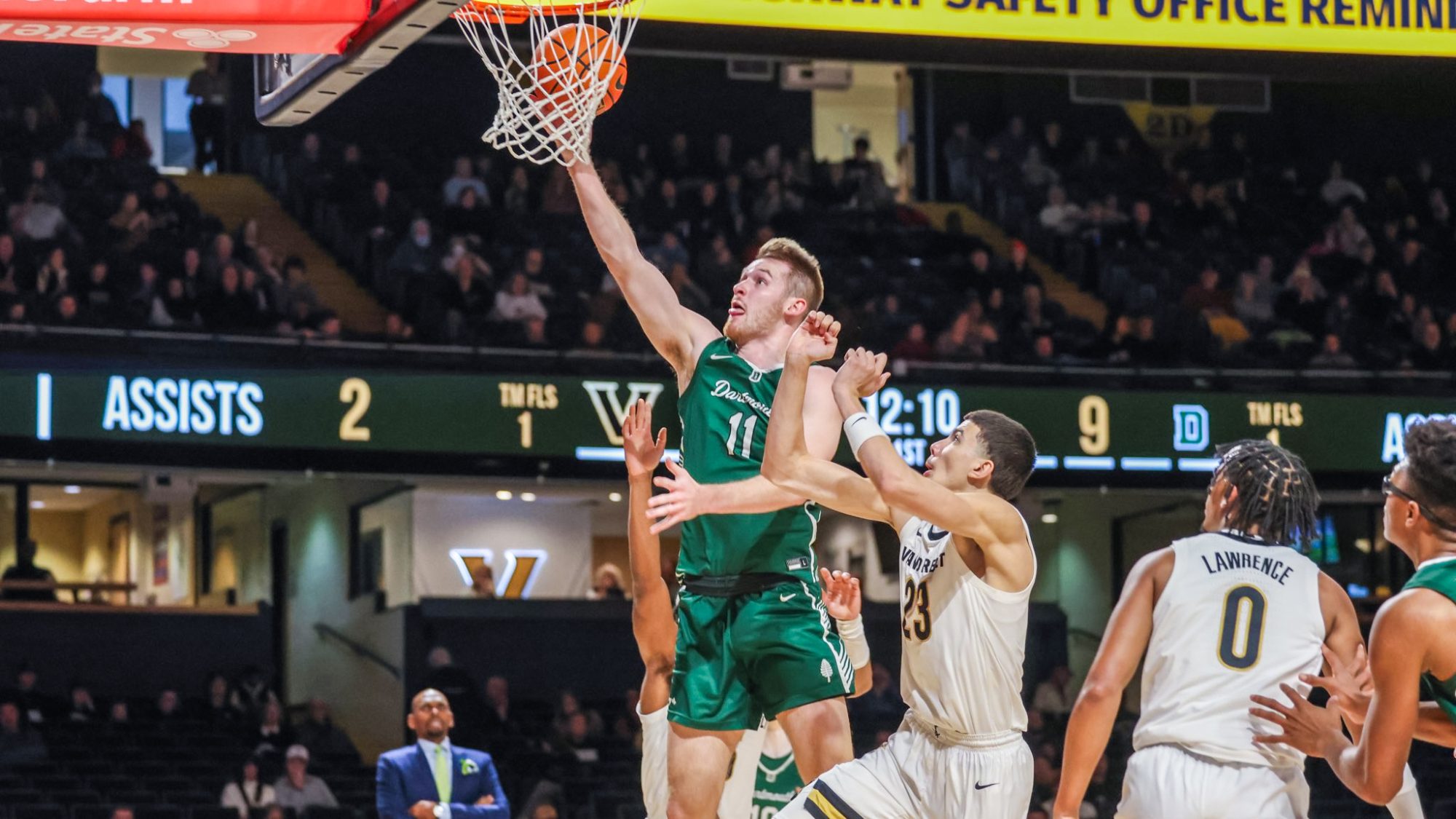
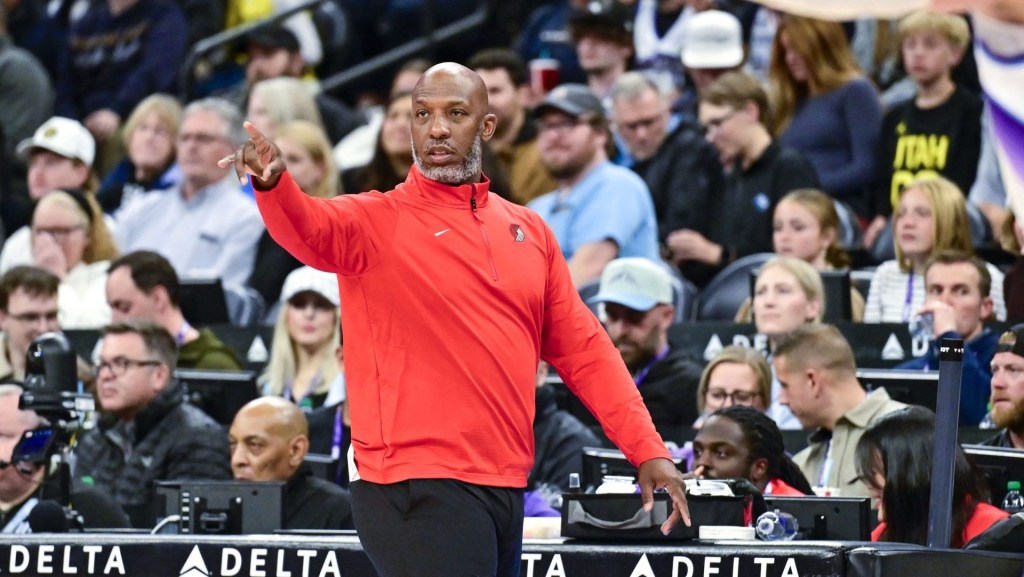
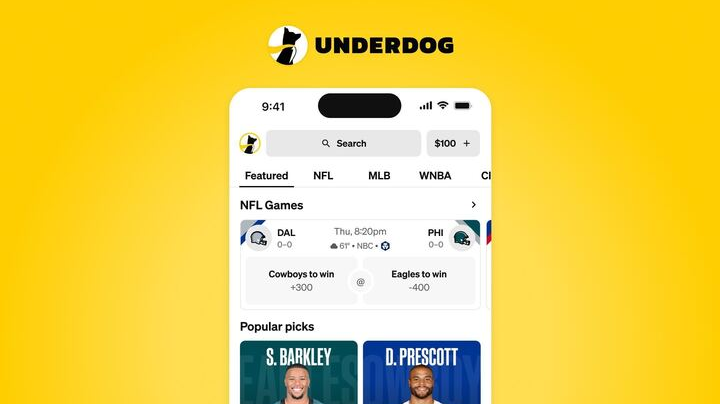
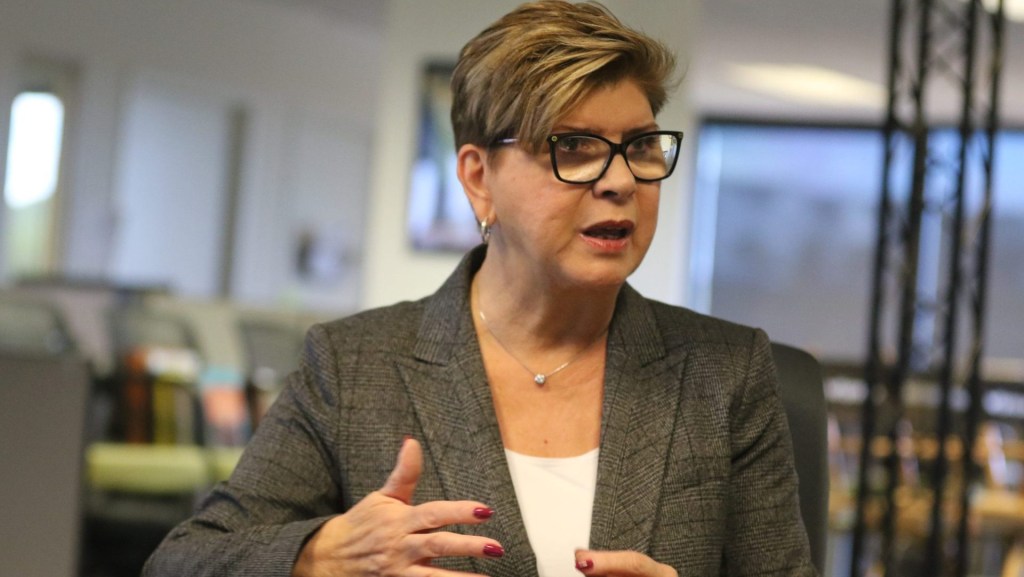
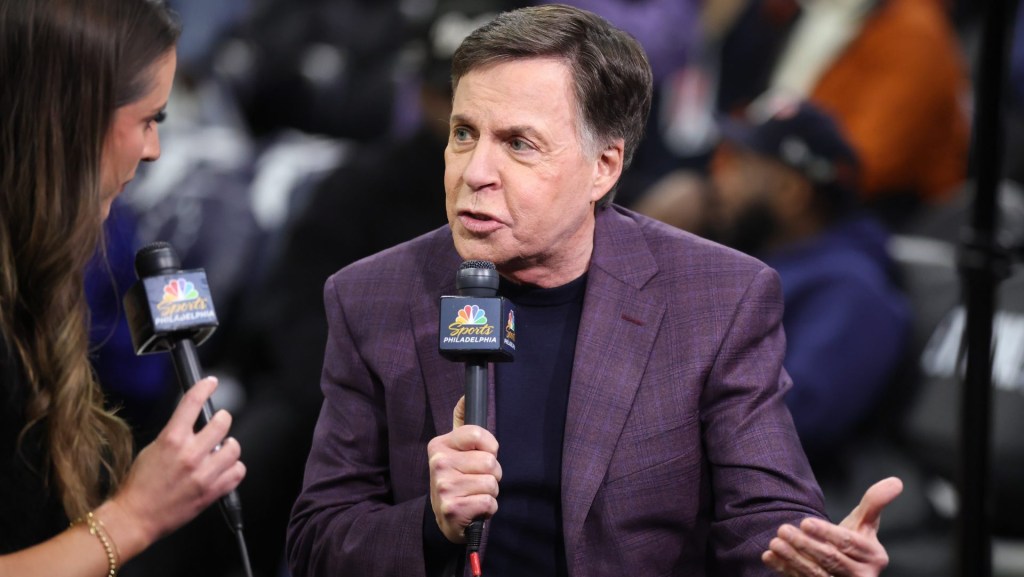


![[Subscription Customers Only] Jun 15, 2025; Seattle, Washington, USA; Botafogo owner John Textor inside the stadium before the match during a group stage match of the 2025 FIFA Club World Cup at Lumen Field.](https://frontofficesports.com/wp-content/uploads/2026/02/USATSI_26465842_168416386_lowres-scaled.jpg?quality=100&w=1024)
![[Subscription Customers Only] Jul 13, 2025; East Rutherford, New Jersey, USA; Chelsea FC midfielder Cole Palmer (10) celebrates winning the final of the 2025 FIFA Club World Cup at MetLife Stadium](https://frontofficesports.com/wp-content/uploads/2026/02/USATSI_26636703-scaled-e1770932227605.jpg?quality=100&w=1024)








